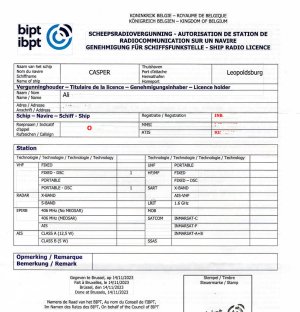boomerangben
Well-known member
Its surprising how often CG incident reports comment that the casualties mobile phone batteries were failing thus complicating SAR operations. CG can also often pinpoint a casualty's location by VHF RDF.
I think the key thing here is how many incidents where mobile phones running out of batteries is an issue are from vessels (ie PWC) which don’t carry fixed or hand held radios?
It would be interesting to know what proportion of call-outs of life boats/CG rescue teams/SAR are to individuals/groups who wouldn’t normally consider having by a radio and therefore a mobile phone is the only option?

